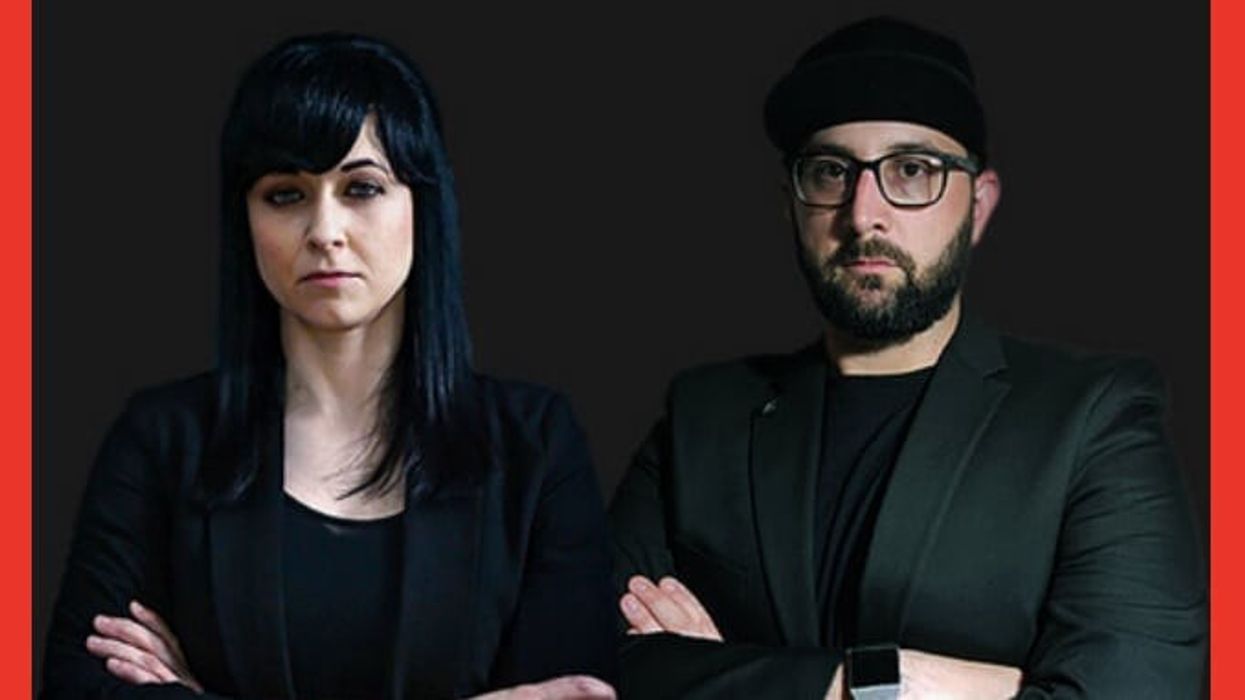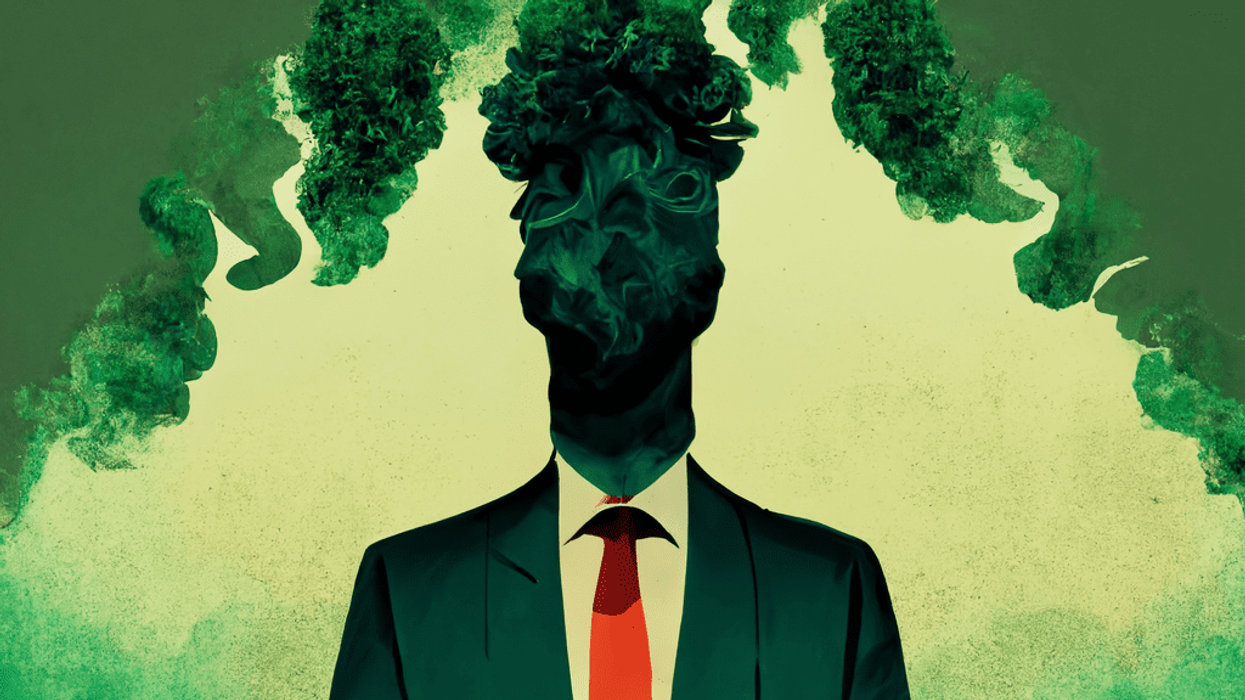This article is by Scott Mazza, Co-Founder and COO of Buffalo’s Vitality CBD.
Years after the Farm Bill and the Food and Drug Administration (FDA) is no closer to approving cannabidiol (CBD) as a dietary supplement. Despite the agency in June holding its first meeting on the topic in three years, no decision nor plan is on the horizon.
This is a concern for the industry as consumers more regularly turn to the cannabinoid as a specific therapy for multiple diverse medical conditions. The issue is that current wellness products don’t have official regulatory standards, giving vendors free rein to create CBD products as they see fit. Therefore, approval as a dietary supplement will go a long way to legitimizing the industry and safeguarding consumers. Let’s take a deeper look at what’s happening here.
The road to incorporating CBD into dietary supplements
Last month, health regulators returned to the idea of incorporating CBD into dietary supplements. Currently, per the FDA, THC or CBD products cannot be sold as dietary supplements, nor can they be added to food for humans or animals.
Pundits hoped that June’s day-long review by the FDA’s Science Board would finally deliver a path to treating CBD like other dietary supplements – regulated but sold without prescriptions. In the end, however, there was little progress. The review came and went without a decision, though industry insiders are hopeful that the meeting is a sign of things to come.
The way CBD can and can’t be used has been a flashpoint since 2018’s Farm Bill. The FDA has been considering CBD regulations ever since Congress directed the agency to oversee how hemp products could be sold. But the agency has repeatedly said it can’t set any regulations for over-the-counter hemp products because it doesn’t have enough data to say they’re safe.
At the same time, the agency has repeatedly discounted industry-funded research on the safety of CBD products as insufficient. With no decision forthcoming, legal yet unregulated products like tinctures, capsules, snack bars, beverages, body oils, pain-relief salves and more – all infused with CBD – have since soared in popularity.
However, without FDA approval, there's no way consumers can truly know if what they're consuming is safe or if the product label is accurate.
Rogue operators and dodgy product marketing claims
It’s worth noting that novelty offerings – like CBD in candy, energy drinks and bath bombs – are waning in popularity. Yet at the same time, medicinal and wellness products are more often entering consumer supplement and vitamin regimens. A study by Cannabis and Cannabinoid Research found that almost two-thirds (62%) of CBD users reported using CBD to treat a medical condition. The top three medical conditions were pain, anxiety, and depression. About 36% of respondents reported that CBD treats their medical condition(s) “very well by itself”. Less than 5% reported “not very well”.
Despite the potential for holistic applications, rogue operators continue to take advantage of the fact that hemp-derived CBD is legal but unregulated by the FDA. This was evident during the pandemic when some producers began to advertise their products to treat Covid-19. Meanwhile, others have created and publicized CBD products for food-producing animals.
To be fair, most of our industry is already regulating itself with food and dietary supplement Good Manufacturing Practices (GMPs). However, it’s the small minority who don’t self-regulate that damage public perception and safety for the rest of us.
Both the industry and the consumer need action now
The truth is that – with or without approval – consumers are still accessing these products. So, stalling by the FDA will only lead to further proliferation of unregulated and potentially harmful products. At the same time, certain product creators have proven untrustworthy and reckless when it comes to quality. Clearly, product standards shouldn’t be theirs to set.
In my view, US regulators should look across the pond for how to handle this situation. In the United Kingdom, The Food Standards Agency (FSA) has confirmed the list of CBD products that are now one step closer to being authorized. Validated applications will now move to a full risk assessment. Those that are shown to be of a low enough risk must also go through a risk management process before authorization can be given. The process is transparent, public and clear – everything safety standards should be.
It’s past time to regulate this market especially as consumers integrate products into their health and wellness routines. For those using CBD as a supplement, please remember that not all supplements are created equal. For this reason, it’s important to work alongside a health care provider and research reliable brands. And while emerging research and anecdotal evidence is promising, more large controlled trials are needed to further understand the benefits of CBD and its dosing.
I hope that FDA approval for CBD as a dietary supplement achieves two things. First, it eliminates the industry cowboys who are playing with consumer safety. Second, it enables larger studies that empirically confirm CBD’s suspected benefits.
Need a little more Bluntness in your life? Subscribe for our newsletter to stay in the loop.
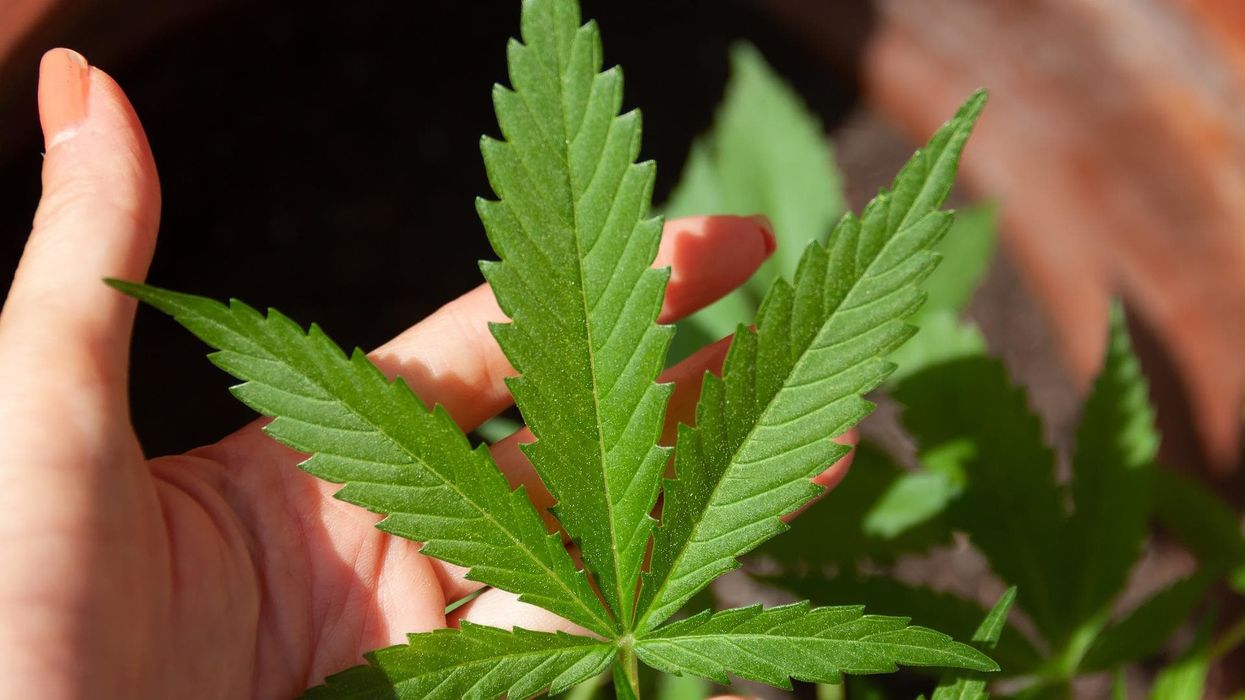



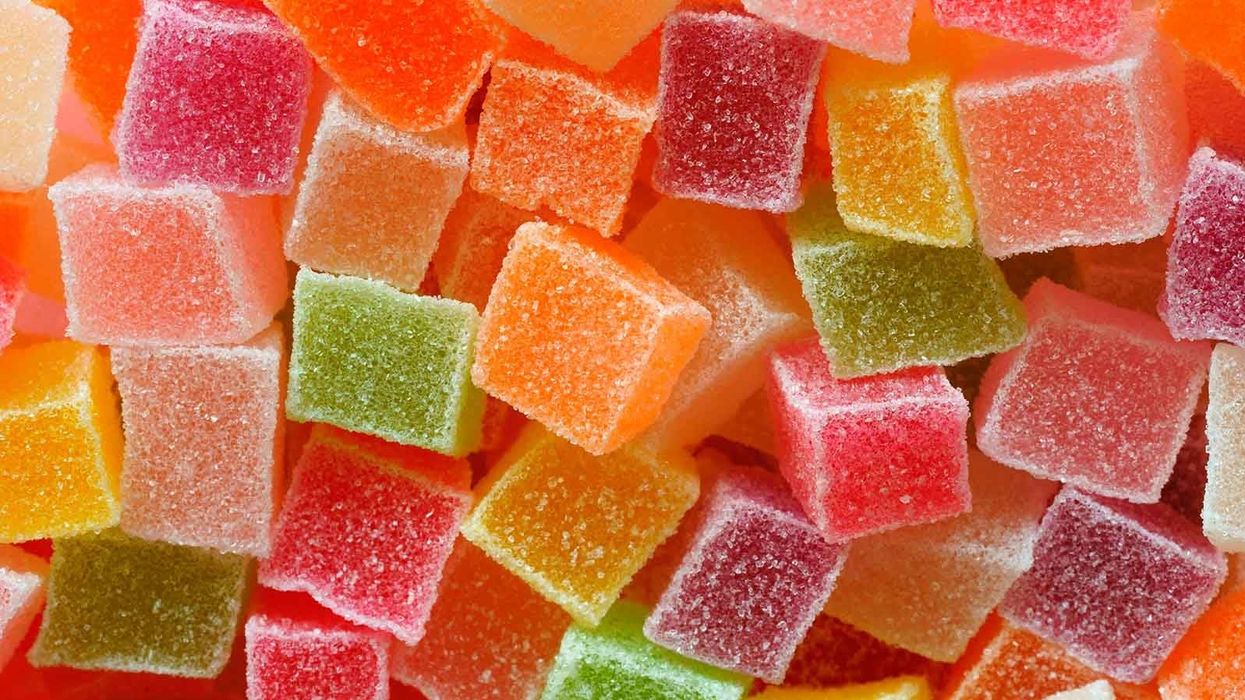



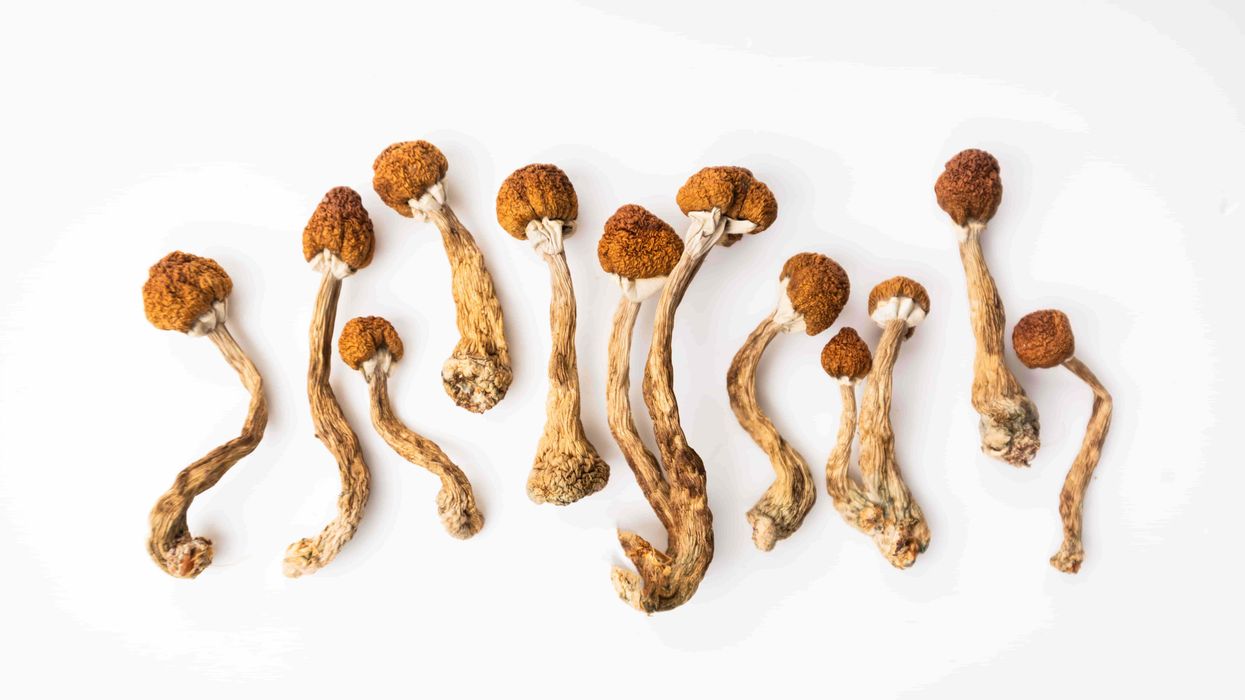
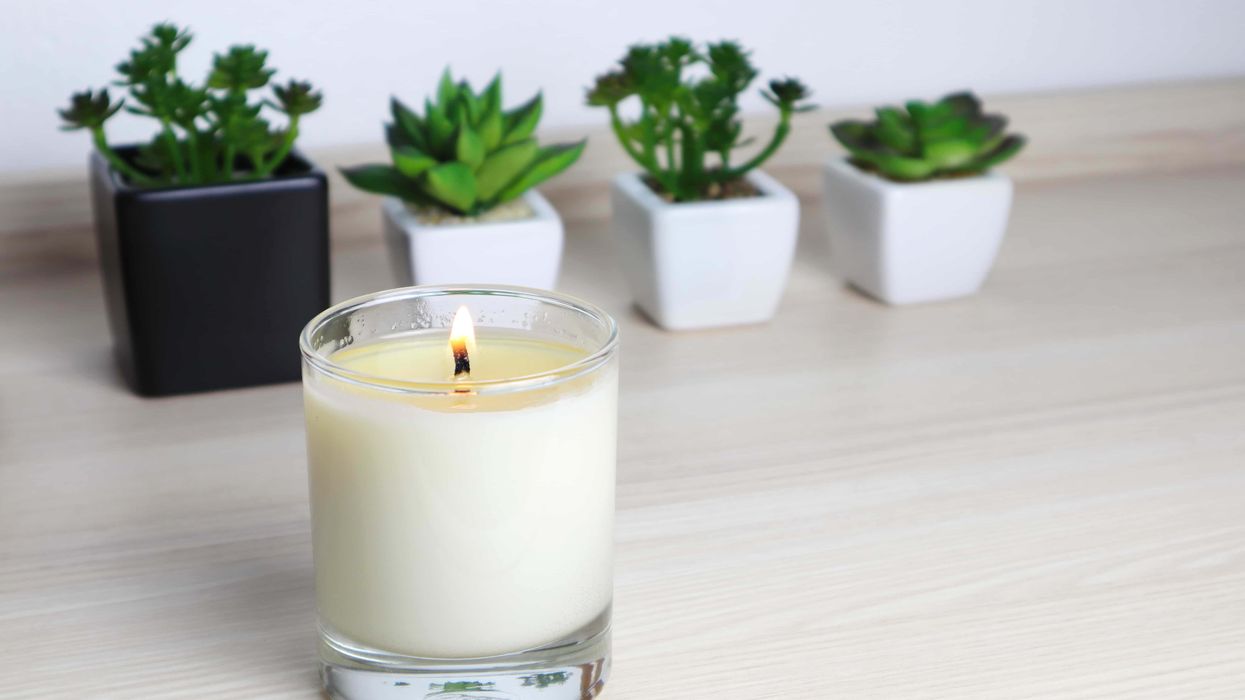



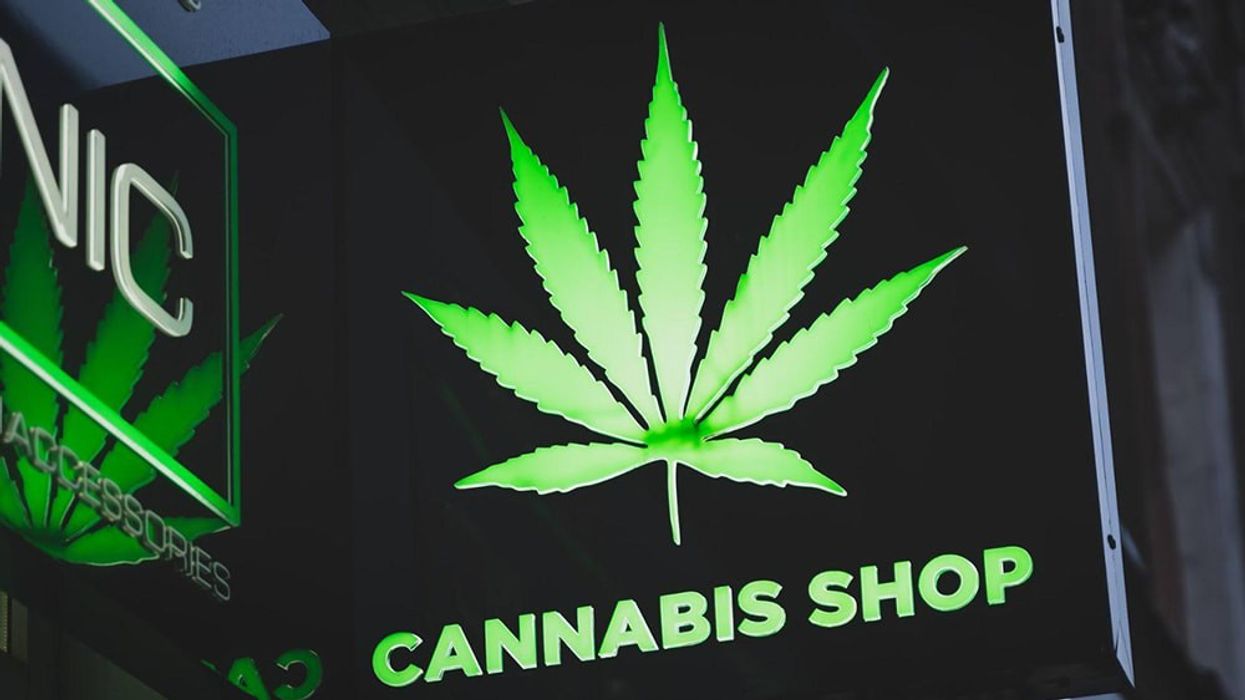
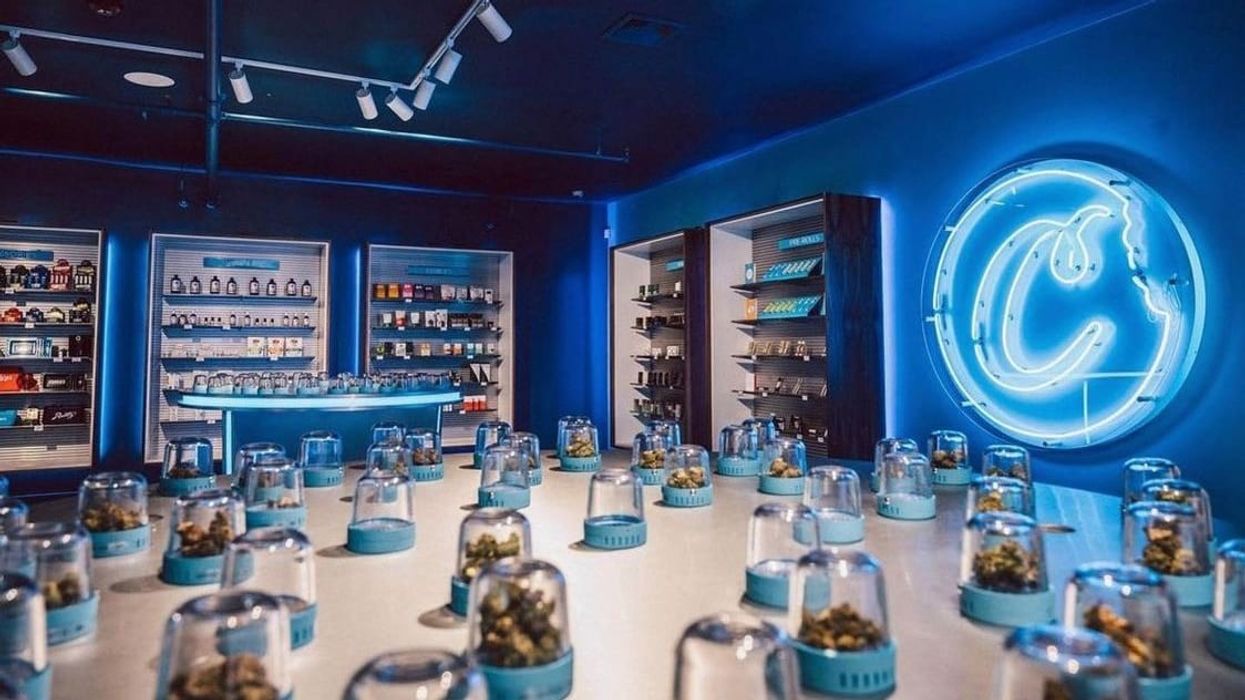
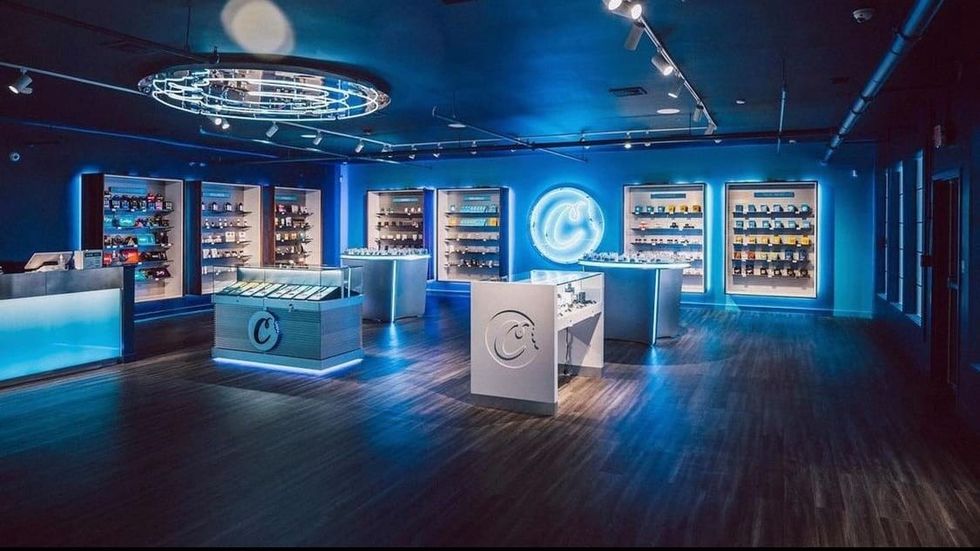 This Cookies dispensary interior in Massachusetts is one of Temeka Group's most recent projects.Photo courtesy of Temeka Group
This Cookies dispensary interior in Massachusetts is one of Temeka Group's most recent projects.Photo courtesy of Temeka Group Which demographic do you intend to target with your dispensary experience?Photo courtesy of Temeka Group
Which demographic do you intend to target with your dispensary experience?Photo courtesy of Temeka Group